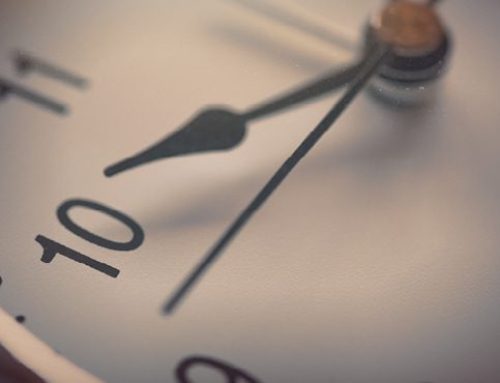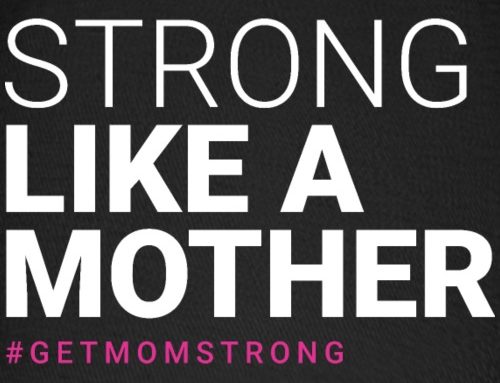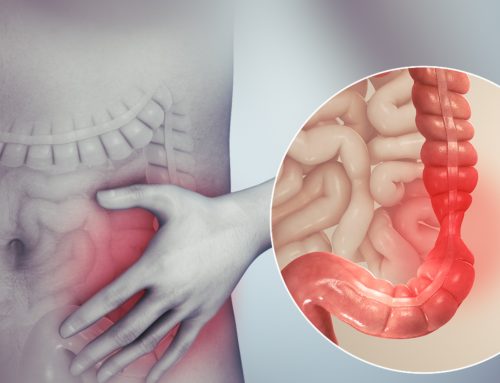The purpose of this blog post is to bring to the forefront, another way of looking at weight and weight loss and its impact on health (social, emotional and physical). Many of these topics are relatively new to me, and I feel compelled to share these insights with anyone who will read them. This change of thought process and perspective, has given me a new perspective on how I counsel and support my patients. In the last 2 years, I’ve gotten more forward and vocal about my feelings on weight loss as a primary goal, because I’ve seen the damage it can perpetuate. This blog will help explain why I take this stance. I want to support my patients in feeling body neutral/positive while improving health and wellbeing, instead of hating their bodies until they are smaller.
To be clear, I’m not saying it’s wrong or bad of anyone to desire a different body size, shape or weight. In fact, this is what medical professionals tell many people they need to do to be “healthy.” As a culture, we are constantly bombarded with messages that have negative connotations about larger bodies and praise athletic and lean bodies. If improved health, body image and quality of life, are what patients are after, I like to direct them towards the actionable, evidence based behavior changes they can work on, rather than putting all the focus on the scale.
But don’t I need to lose weight to be healthy?
The idea that a “normal” BMI is synonymous with health, or is a prerequisite for health, is pervasive and untrue. Sara Balentyne (medical biophysicist, PhD) puts it best:
“Many chronic diseases are associated with obesity, including heart disease, type 2 diabetes, nonalcoholic fatty liver disease, and cancer. But, correlation does not equal causation. A collection of important studies from the past 20 years have revealed that overweight and obesity themselves are not the risk factor, but instead are a symptom of an underlying health challenge (like chronic stress, gut dysbiosis, hypothyroidism or insulin resistance) and/or are an indicator of poor health-related behaviors (like sedentary lifestyle or poor diet quality), and it is actually these latter factors and not bodyweight itself that increase risk of chronic illness.”
“In 2013, the American Medical Association voted to label obesity as a disease, despite the fact that its own expert panel recommended against it.”
“That same year, a meta-analysis of 97 studies, including more than 2.88 million individuals and more than 270,000 deaths (can we just get a collective “wow” for what a huge dataset that is?!), confirmed that class 1 obesity overall was not associated with higher mortality, and that overweight was associated with significantly lower all-cause mortality, compared to normal-weight individuals. Given that a BMI of 25 to 30 is associated with the lowest mortality, shouldn’t we redefine this as normal weight or healthy weight?!”
What is weight stigma?
Weight stigma, also known as weight bias or weight-based discrimination, is discrimination or stereotyping based on a person’s weight. Weight stigma can increase body dissatisfaction, a leading risk factor in the development of eating disorders. It’s incredibly common, outnumbering age and gender discrimination.
- Physicians (but not all) are well known to have weight bias. They spend less time with those who are obese, and provide less health information. They are more likely to be viewed as “noncompliant and annoying.”
- People who are overweight are 65% more likely to die from serious undiagnosed health concerns, compared with those with “normal” BMI’s. Could this factor be playing a role in research looking at outcomes based on BMI? How could it not!?
- Here are some great, non-weight biased resources to address chronic health conditions: https://haeshealthsheets.com/the-health-sheet-library/
- Weight stigma seriously impacts both physiological (as seen above) and mental health, as it contributes to depression, poor body image, binge eating and binge eating disorder
- overemphasizing weight can encourage disordered eating and have counterproductive effects
- Since the rise of national obesity prevention campaigns, the incidence of weight stigma has increased about 66%
But I feel/ felt better at X weight:
How much of that feeling is driven by your own preconceived notions about larger bodies? I understand that you emotionally don’t feel good about your weight, but also realize that those thoughts have been put there by diet culture and fat phobia (defined below). Are you embarrassed, self conscious and feeling shame about your body? It’s likely because you were told you should feel that way. You are not the product of your thoughts. They’re just thoughts and they don’t define you. You can slowly start to pull those thoughts to the forefront and question if they are indeed true statements about yourself. If you find alot of negative self talk, gradually try to pull them to the forefront and ask if that’s a respectful way to talk to yourself. Would you judge and make comments about a loved one or child in the same way? Why would it be OK to treat yourself this way?
How much of the feeling better at X weight, is actually about the weight? I don’t doubt you felt better at another time in your life, but what else was different at that time? Were you younger, less stressed, had less responsibility and more time for self care, had a different partner, different mental health state, etc? It’s not surprising that people want a simple answer like weight, to point to, but it’s most likely not the biggest factor in why you felt better.
What I haven’t mentioned here is the body shaming and discrimination that those in larger bodies experience, sometimes multiple times a day. This is obviously a problem. Part of the solution is for more people to understand the concepts in this blog post and others (resources listed at end of post), so behaviors and messages can shift away from this bigotry.
What is diet culture?
Diet culture is a system of beliefs that:
- Worships thinness and equates it to health and moral virtue
- Promotes weight loss as a means of attaining higher status
- Demonizing ways of eating while elevating others
- Oppresses people who don’t match up with its supposed picture of health
*Defined by Christy Harrison
These concepts are so ingrained in our society, that until they are laid out like this, can easily pass under our radar. These concepts have been influential in changing my thoughts around weight loss, diets and people.
What does fatphobia mean?
Fatphobia is the fear and hatred of fat bodies. “That encompasses a whole bunch of things, namely weight bias and weight stigma, such as the idea we see people of higher body weight as lazy, and unintelligent, or disgusting,” says Mary Himmelstein, Ph.D., an assistant professor at Kent State University who studies how weight stigma affects people’s health. Fatphobia “perpetuates those negative stereotypes, and that can lead to discrimination against people with higher body weight,” she says.
I hope these concepts are as helpful to you as they have been to be. It’s certainly a whole other lens to look through. I propose that it’s a happier and healthier lens, once we can unpack and understand these topics as they apply to us and/or those around us. I do recognize I am privileged to be in a thin body, so many of these topics don’t affect me the way they do others. By supporting and condoning fat phobia and diet culture, we perpetuate the “norms” and no change will occur. It will continue to do far more harm than good, therefore, being vocal about these topics is crucial. Please check out the resources below. Also feel free to leave your comments below, or reach out to me via my contacts page.
Resources:
Can You Really Be Healthy At Any Size? A compilation of the research, regarding health outcomes in relation to weight, weight stigma and its various impacts on those in larger bodies (both physical and mental), the development of BMI, impacts of chronic stress, defining health, etc.
The Harmful and Incideous Effects of Fat Phobia
Bad Body Day Toolkit I love these super actionable resources for days you’re just not feelin’ it. Both video and text resources. I particularly like the video.
Kelsey Jepsen Many short, relatable video interviews about improving body image and diet culture.
Jessie Golden Some really great free trainings and blog posts. Free training topics include:
“For women who think about food 24/7 and want food freedom”
“For the woman who can’t stop over-eating & is at a loss with where to start”
“Full Plate” Podcast, with Abbie Attwood and Diane Sanfilippo
 My office is open for in-person and virtual appointments. Here is the
My office is open for in-person and virtual appointments. Here is the 



